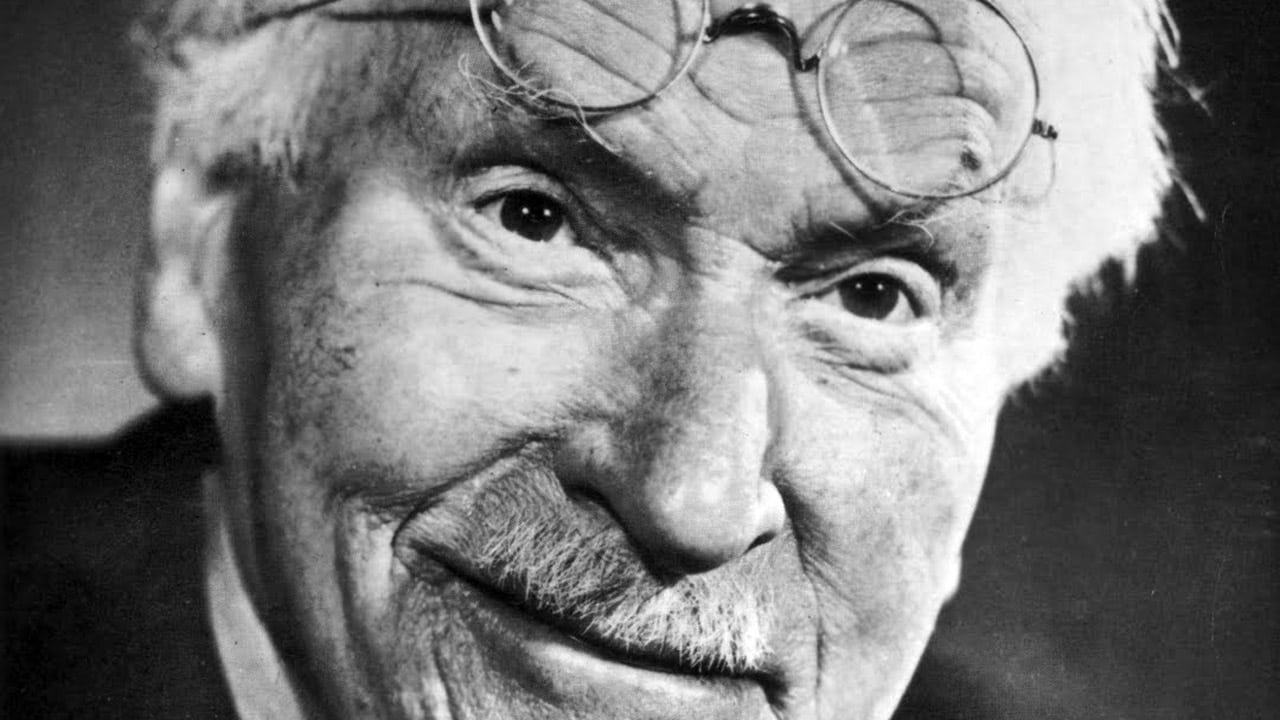Carl Jung was a Swiss psychiatrist in the late 1800’s/early 1900’s. He’s credited as the founder of analytical psychology (also known as Jungian psychology), a school of thought that encourages individual ‘wholeness’ by integrating our unconscious processes, and the motivations that underlie our behavior.
His work lead to the discovery of psychological “types,” Jung pioneering the idea by realizing that people could be separated into different preferences – Extraversion/Introversion, Intuition/Sensation, and Thinking/Feeling. (The Judging/Perceiving difference came later as Isabel Briggs Myers’ contribution.) Much of his contribution comes from the study of archetypes seen through history and the world.
Jung, as opposed to his contemporary Sigmund Freud, saw himself a ‘natural scientist’ and not a ‘theoretical scientist’. He believed in observation first, then categorization, not the other way around, believing that theorizing (or, ‘categorizing’) first led to what we would call Confirmation Bias.
He believed that in order to find our ‘true selves’ we must integrate the opposing forces of our conscious mind with the unconscious, all the while maintaining our free will and choice.
His work is the foundation of many typologies, including the Myers-Briggs system.


Share:
You Hit The “Snooze” Button On Receiving Enrollment Emails
Isabel Briggs Myers